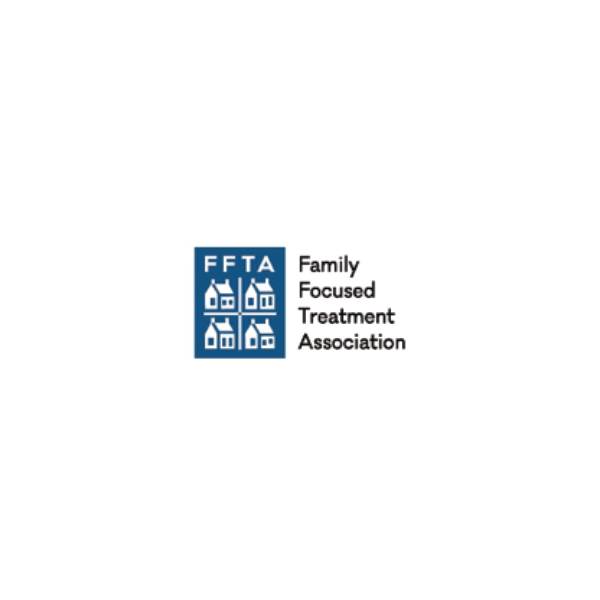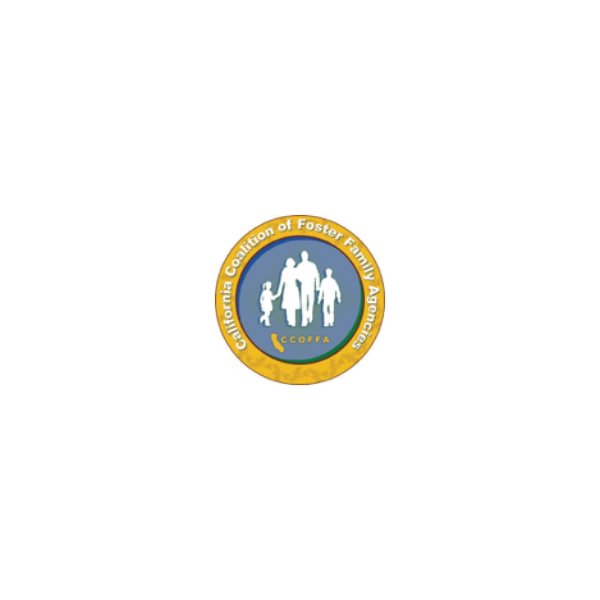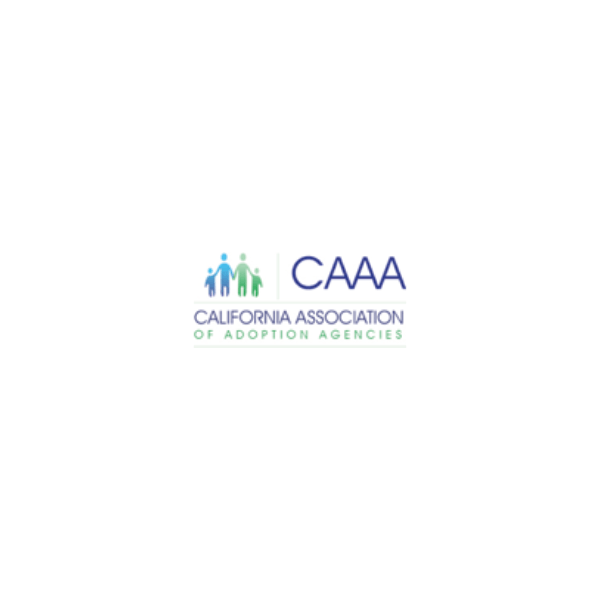Common Questions
-
What do I do to become a Foster Parent?
Becoming a foster parent is approximately a three-month process and consists of:
- Fingerprints/Background Clearances
- Application & Supporting Documents
- Pre-Approval Trainings
- Interviews & Home Study Completion
- Walk-Through/Inspection of Home
-
Do I have to have a house to be a Foster Parent?
No. You can live in a house, condo, apartment, or mobile home. You can live in an urban or rural area and you do not have to be a homeowner, you can lease or rent. There are some state requirements but we work with you to ensure your home meets all regulation requirements.
-
Do I have to be married to be a Foster Parent?
No. We have families of all types and backgrounds. You can become a foster parent with GSFS regardless of relationship status (single, married, partner), ethnic background, education level, homeownership, or sexual orientation. GSFS is always excited to work with each of our families whether they be single, married, same sex couples, parents, not parents, or co-habitating. Every type of family has something special to offer a child!
-
Is there a lot of training I have to take to become a Foster Parent?
Although there are training requirements to help get you fully prepared for your fostering journey, GSFS offers most of the trainings virtually and web-based. There are approximately six trainings required prior to pre-approval, but we work with you throughout the training process to make it as convenient as possible.
-
Am I financially responsible for the foster child placed with me?
It is a requirement that your household have at least one income, through either employment, SSI, or Disability. However, you are not financially responsible for foster children placed in your care. Each foster child is provided a state reimbursement based on the level of care. This reimbursement is provided each month and paid for each night the child was placed in your care in the month preceding. The reimbursement is more than ample to provide for the daily needs of the child, including shelter. Each foster child also receives Medi-Cal which covers their medical, dental, mental health, and prescription medication needs. There is little to no out of pocket expense to provide care for foster youth.
-
As a foster parent will I have interaction with the biological parents?
Becoming a foster parent means becoming part of a team of caring and professional individuals who provide care to and/or advocate for the foster children. Interactions between you and the biological parents may occur during meetings, drop-off and pick-up at visitations, and other events involving the child. Child Welfare Services and GSFS encourage a professional and healthy working relationship between foster and biological parents in an effort to best serve the child in care. Although, there are occasions where friction can arise, GSFS takes all efforts to facilitate contacts that are in the best interest of all involved. Many of our families establish good relations with the biological families and share in the care of the child.
-
I work full-time, who will take care of my foster child when I am working?
There are many approaches that can be taken here. If supervision is a concern, focusing your age preferences on children who are more independent and have more involvement in and after school, may assist in minimizing the need for childcare. After-School programs are available, although it is dependent on availability. Some counties offer a childcare program that your social worker can assist in qualifying the foster children in. Also, the Reasonable and Prudent Parent Standard (RPPS) allows for much flexibility in utilizing family and friends to help you in providing childcare. Traditional daycare services can also be utilized and the monthly reimbursement allots for the expense associated with this.
-
What if I want to adopt, do I have to foster?
Although our greater need is for foster parents, who will provide temporary care, we do have children who need permanency and enter into adoptive placement. We offer adoptive placement services and there are varying stages of potential adoption that you can decide work best for your family.
-
Can I pick what age of children I want to work with?
Yes. You set the preferences that you feel most comfortable working with and that would work for your family and home. The broader the preferences, the better opportunities you will have to help a larger range of children. Although, this is your preference, the agency does assist in selecting an age range that we feel would be a good fit for you.
-
What if my foster child is having a difficult time, are there extra supports?
Upon placement of a child, you will have a Master’s Level Social Worker assigned to your home and they will guide you through the fostering process and be a support to you and an advocate for the child. Our Social Workers and Management staff are available 24/7 for any emergencies and for crisis intervention. In addition, some of our youth qualify for Intensive Services Foster Care (ISFC) and in additional will have a Behavioral Specialist assigned to help with a behavior treatment plan. Foster children are also referred for therapeutic services as well as other specialized supports offered through the counties and state.
-
Can I travel with my foster child?
Yes. Our foster youth can travel with you and some very much love doing so. Arrangements can be made for school, visitations, and appointments while the child is traveling. For farther or longer travel, early communication is key to ensure authorizations are processed timely.
-
I am a part of the LGBT+ Community, can I become a foster parent and can I work specifically with LGBT Youth?
Yes and Yes! We have LGBT+ Foster Families who come on board to adopt, foster, foster LGBTQ youth only, and provide emergency or respite care.
Associations










